(MENAFN- Asia Times) TOKYO – Though governor Kazuo Ueda announced the news last Friday, the Bank of Japan's decision to leave interest rates unchanged was really made in Washington.
Two days earlier, US Federal Reserve chairman Jerome Powell disappointed many by suggesting the harshest US tightening cycle in 30 years isn't over. That news, in many ways, left Ueda's team at the BOJ with nowhere to go – and standing pat today.
Virtually everyone agrees the BOJ must begin normalizing interest rates as soon as possible. The 23 years of quantitative easing (QE) have warped credit markets and deadened the“animal spirits” needed to reinvigorate Japanese innovation and competitiveness.
But it's hard to imagine that process beginning with the threat of more Fed rate increases hovering over Japan Inc. And while neither Ueda nor Prime Minister Fumio Kishida is saying so publicly, both are happy to see the yen weaken further.
The yen's 12.9% drop this year puts it on the cusp of 150 to the US dollar. A weaker exchange rate makes exports cheaper and helps Tokyo offset headwinds from US trade sanctions. Though aimed at China, President Joe Biden's tech policies are causing considerable pain for Japan and South Korea, too.
Even as Biden works to pull Japan and Korea further into America's orbit, the US-China trade war is crimping the ability of neighbors to boost exports, particularly manufacturers of high-tech equipment. Exports of materials that normally would be purchased by Chinese factories remain largely in limbo.
Korea, for example, had been pinning hopes on the post-Covid rebound by China, its top trade partner. Weak demand for semiconductors contributed to an 8.4% drop in South Korean exports year on year in August, the 11th consecutive monthly decline.
Being caught between Washington and Beijing creates a“two-sided reality” causing“unprecedented pressure” as the“US-China rivalry intensifies and spills over to affect trade and technology policy,” explains Chung Min Lee, senior fellow at the Carnegie Endowment for International Peace.
For Kishida's government, a weaker yuan versus the dollar also may be preferable. Bringing the yen and yuan into closer alignment might help both Japan and China. Japan needs to export more goods to the West. A weaker yuan could stabilize China's economy, bringing more business Japan's way.
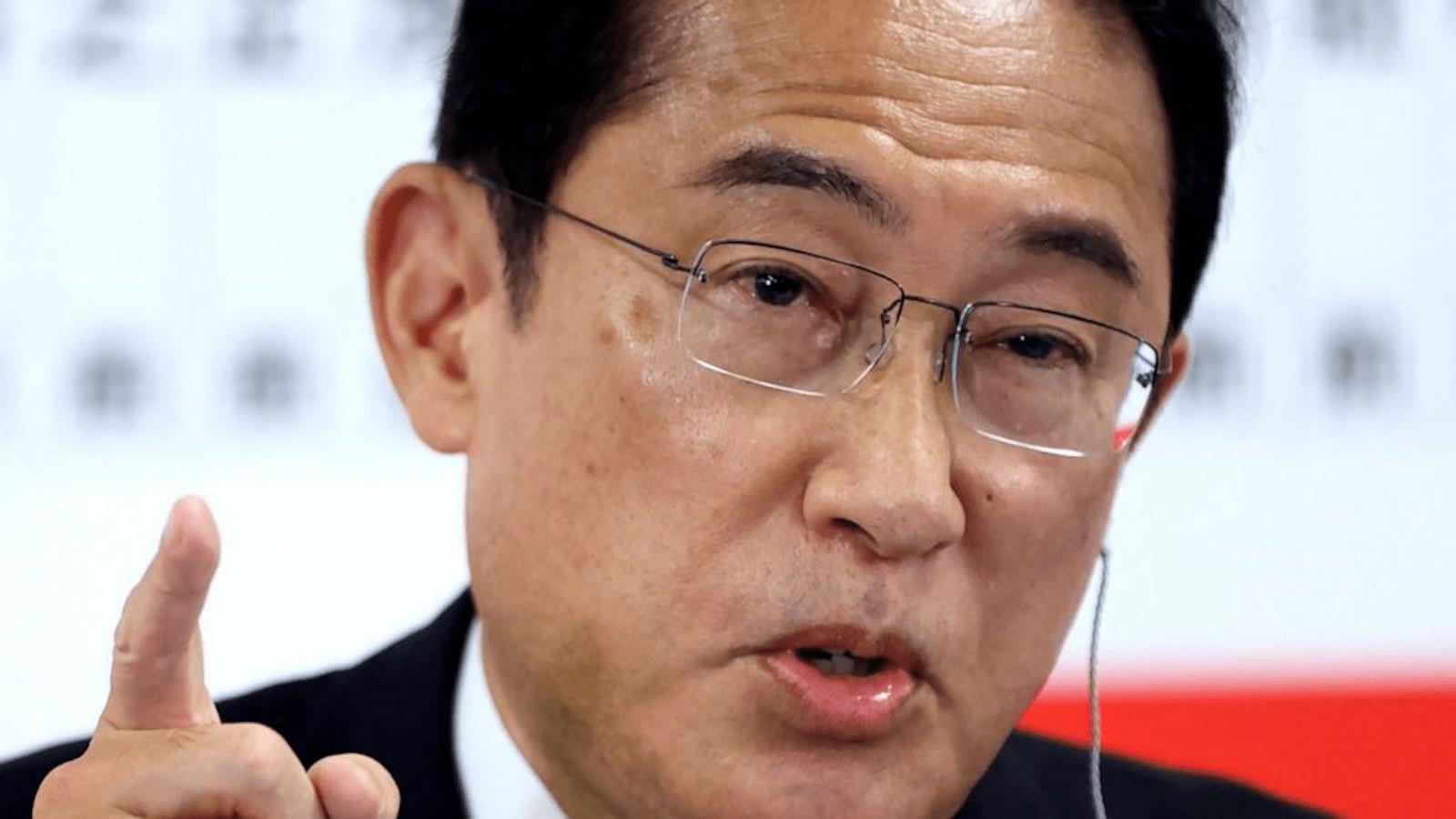
Fumio Kishida, the Japanese prime minister. Image: Screengrab/ABC News
Meanwhile, Ueda is left with a slowing domestic economy and an increasingly shaky global scene as China slows and fallout from 11 Fed rate hikes in 17 months clouds the US outlook.
Japanese“domestic demand is struggling, and employment conditions are softening,” says economist Stefan Angrick at Moody's Analytics. And“wage gains continue to trail inflation.”
Inflation has complicated Ueda's decision-making since he arrived on the job in April. Going into the BOJ's two-day policy meeting this week, there was a strong inclination to announce a formal victory over deflation.
Naoki Tamura, a hawkish voice on the BOJ's nine-member policy board, has been arguing that Tokyo's 2% target“has come into view.”



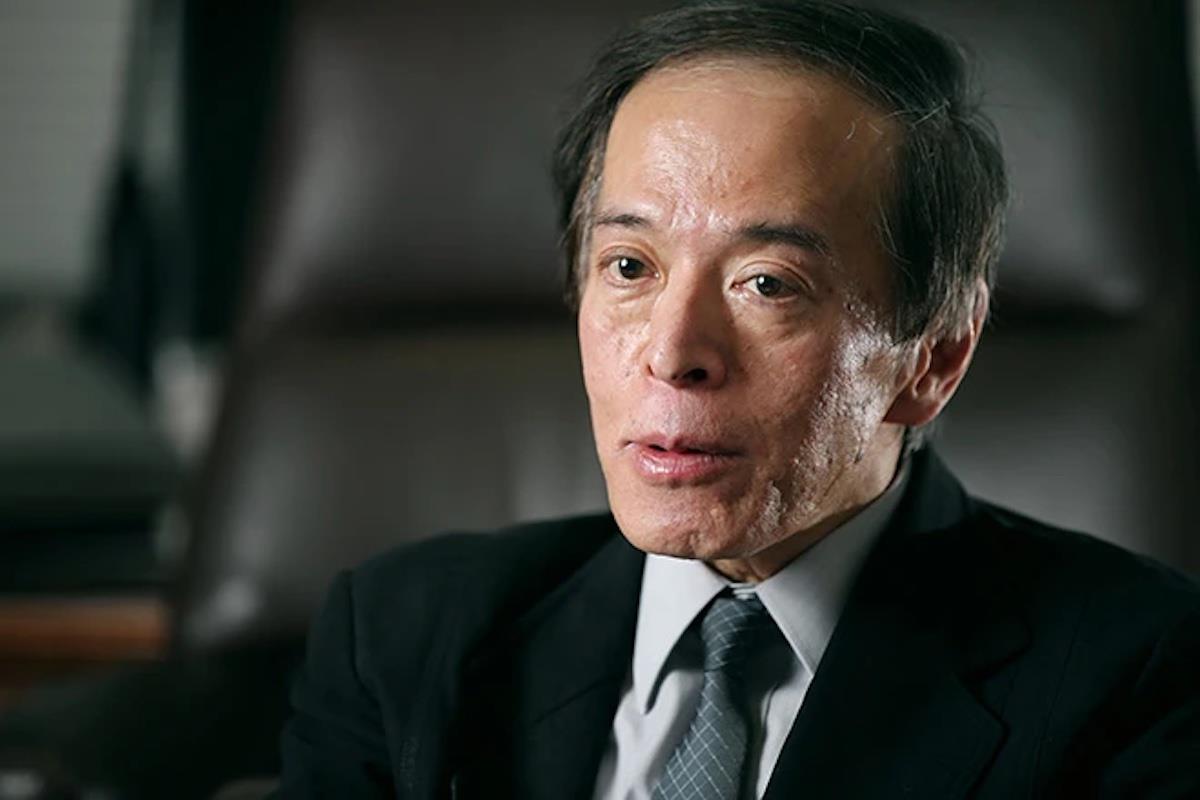



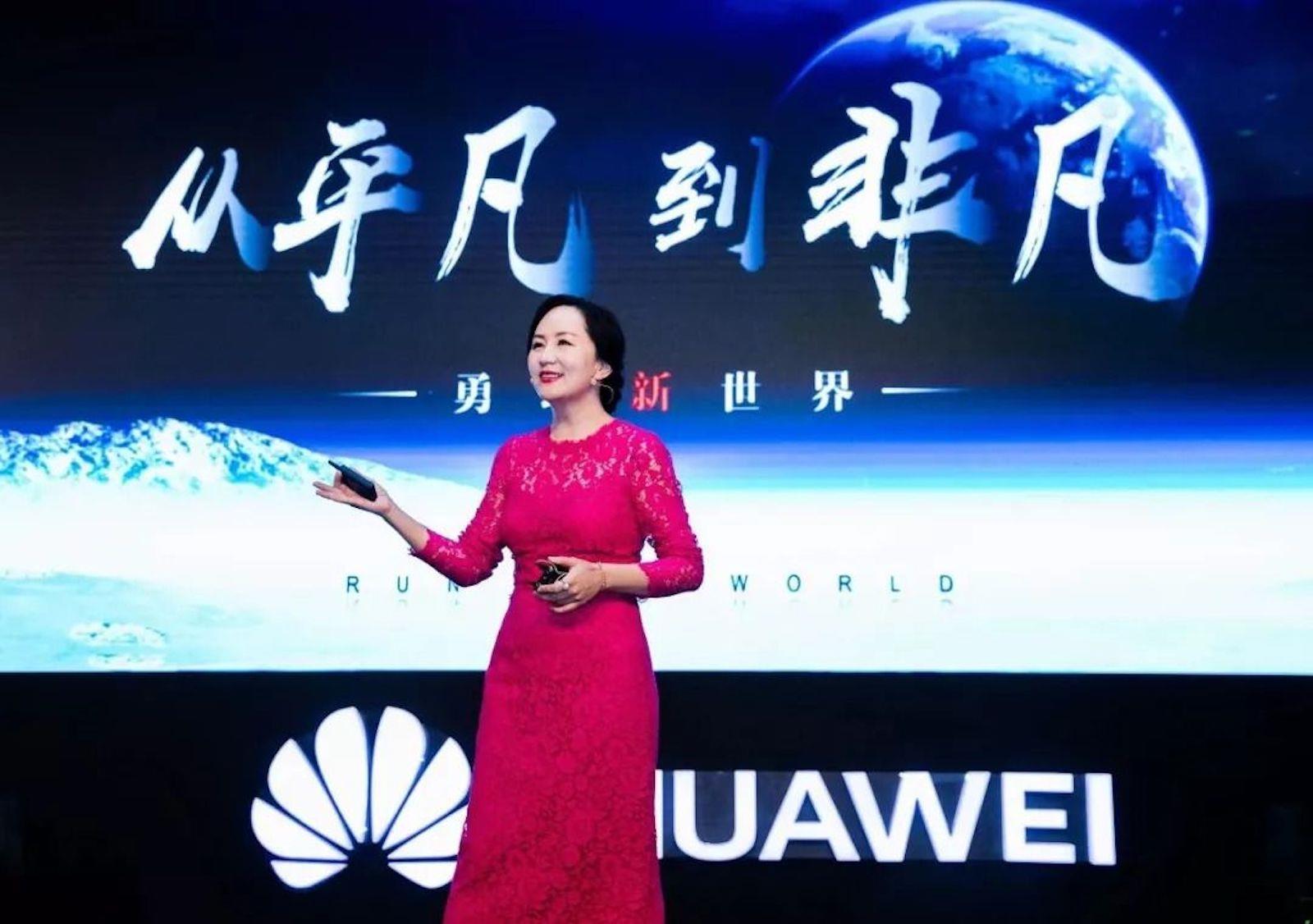

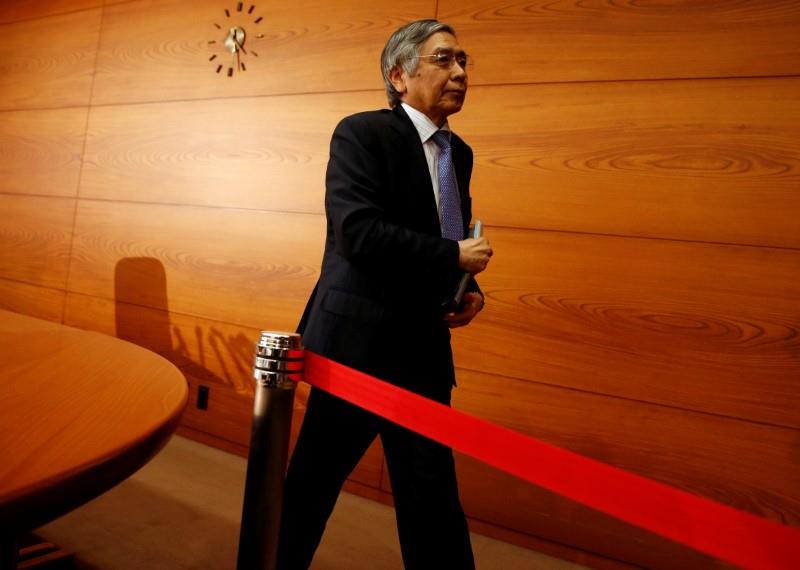
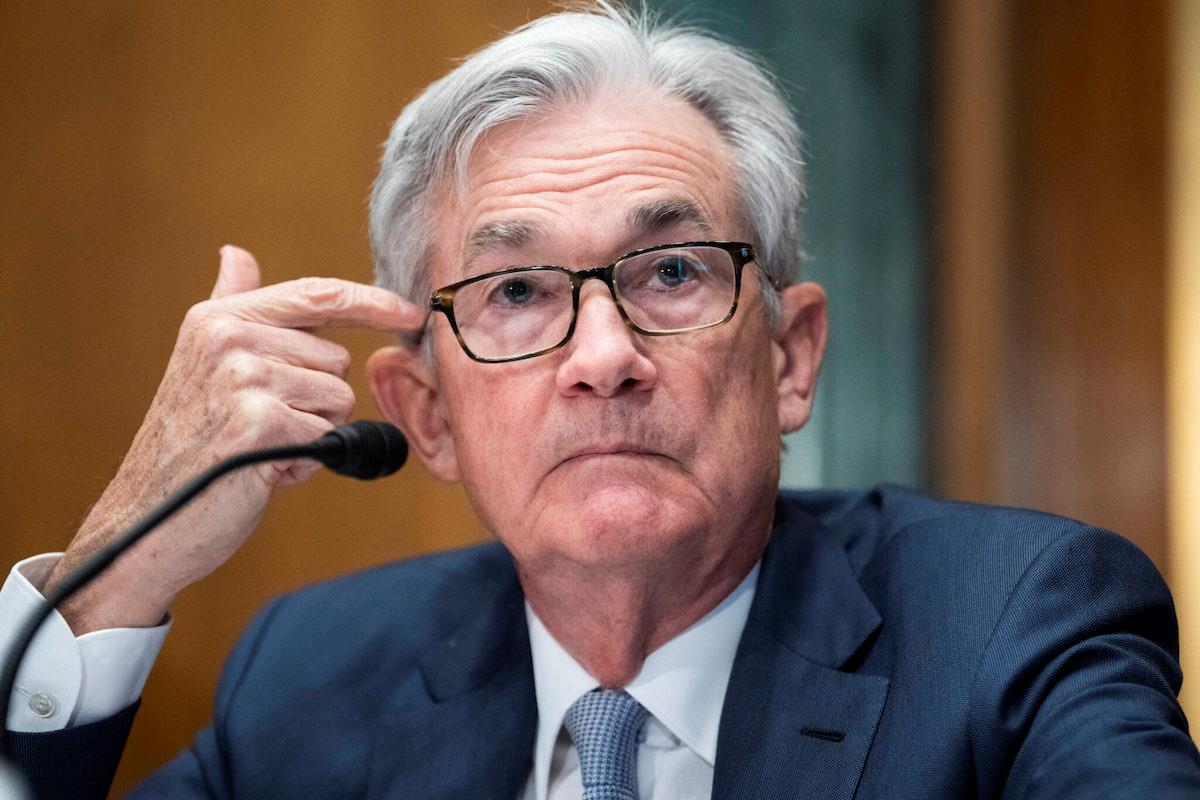
















Comments
No comment